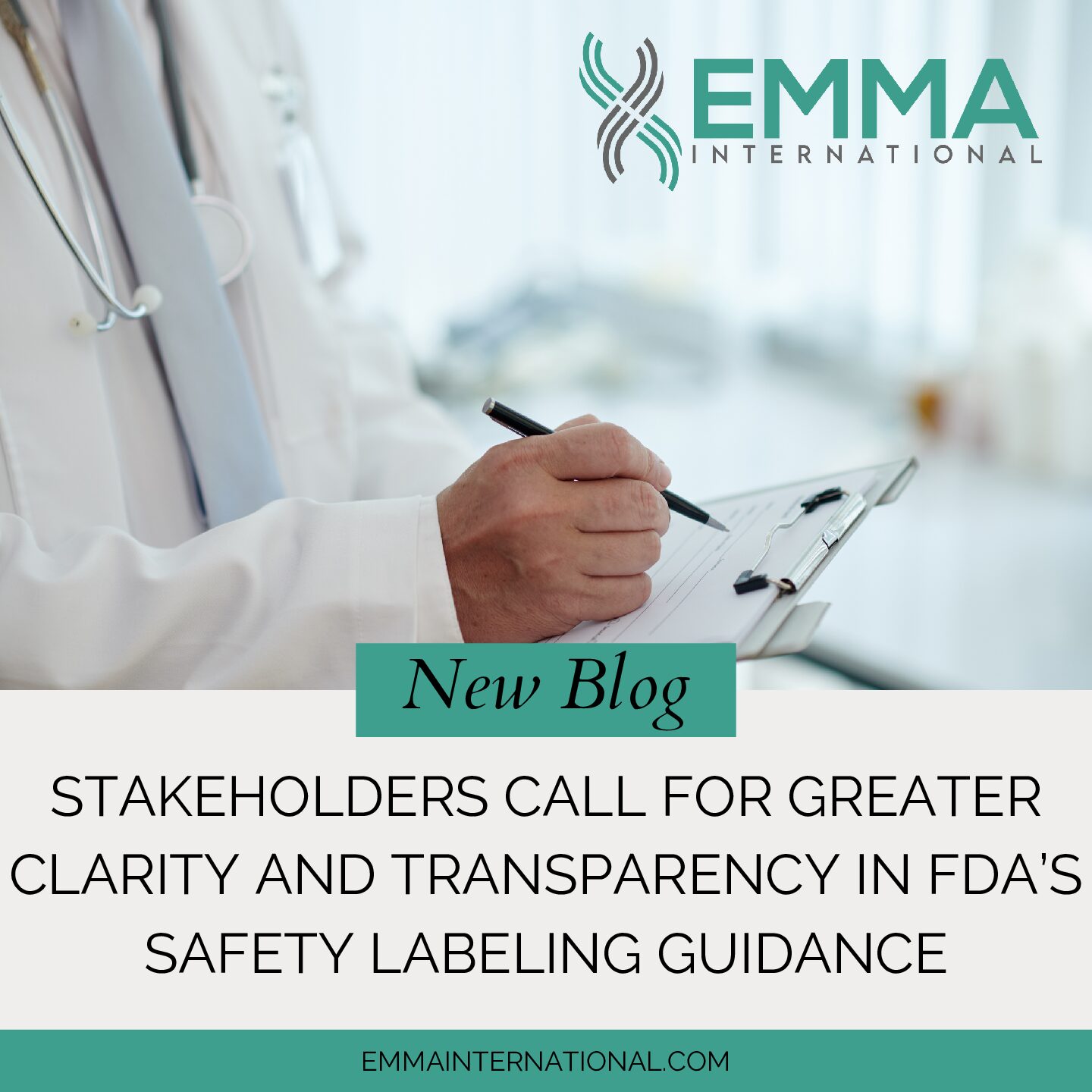In regulated industries, the quality of the product is essential. Incoming inspections help monitor suppliers, particularly high-risk suppliers, and track their performance. All raw materials or components entering a facility should be verified that they conform to the quality of the incoming product as expected. Typically, this involves opening the containers, collecting samples, and conducting the necessary testing on the product.
This process should be conducted per established procedures and samples acquired using an established sampling plan. A risk-based approach to these inspections reduces the chance of performing unnecessary inspections and helps to target items that need to be inspected the most.
For each incoming material or component, there should be specific requirements and testing that need to be completed. For instance, reviewing a certificate of analysis to ensure the supplier met the agreed-upon specification requirements or conducting testing to ensure the component has the correct dimensions. Conducting chemical testing and analysis, including composition and trace contamination identification on raw materials, can help increase the quality of the final product and prevent end product quality control rejection or even a product recall after the product is on the market.
Taking the time to complete these incoming inspection procedures allows for increased confidence in the overall quality of the products. Having adequate procedures can reduce the cost of a product rework later in the manufacturing process.
Mistakes when inspecting incoming materials can have significant consequences for lot quality or affect patient safety. Therefore, incoming raw material or component inspections should be conducted with the utmost care. Receiving logs, storing the materials, testing the materials, and issuing the raw materials should all go through the entire document control process and be stored in the quality management system (QMS).
As the saying goes, “a chain is only as strong as its weakest link”. For a manufacturing process or product to be at its strongest and best quality, incoming inspections are necessary. The process allows manufacturers to identify and quarantine non-conforming materials before using those materials or components in the process. The experts at EMMA International have significant experience developing, implementing, and training clients on the proper incoming inspection procedures. EMMA International is here for any of your quality or regulatory compliance needs. For more information, contact EMMA International by phone at 248-987-4497 or by email at info@emmainternational.com.




